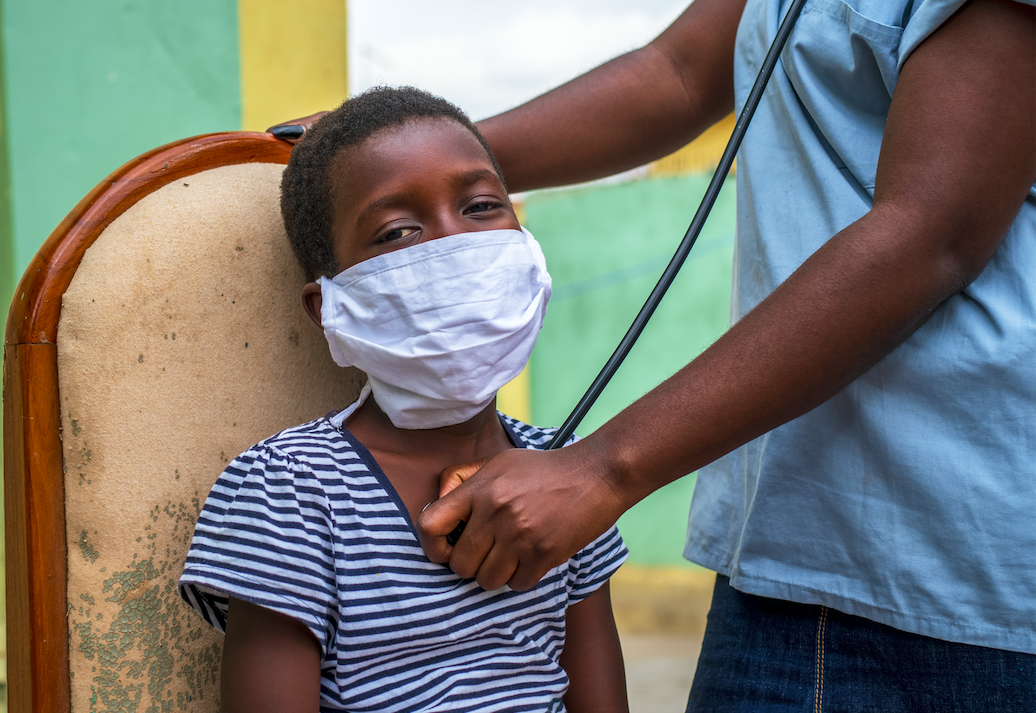A mosquito that transmits malaria causing parasite. Scientists say malaria
doesn’t just attack, it
conditions you to lose.
Children exposed to malaria in early childhood appear to
carry those scars into adult life.
Experts who followed nearly 2,000 children in Kilifi for 15
years, have found that early malaria infections can reprogramme the immune system to tolerate rather
than fight infections.
It is
as if malaria leaves behind a quiet command: “Don’t fight too hard.” And that
silent order can haunt the body for years.
Even into their teenage years, the immune systems of these
children still struggle.
Their bodies produce fewer protective antibodies not
just against malaria, but against other diseases too. And that weakness
lingers, long after malaria has vanished from the area.
“Our findings reveal that children exposed to malaria
in early childhood not only generate lower antibody titres to non-malarial
antigens but maintain these attenuated responses well into adolescence, long
after malaria transmission has ceased,” the authors say in new, unpublished finding.
The researchers are from the KEMRI-Wellcome Trust Research Programme in Kilifi and four other institutions.
They tracked antibody responses in children from two
communities in Kilifi over 15 years (between 1998 and 2017).
One village, Ngerenya, experienced a sharp decline in
malaria transmission beginning in the early 2000s and it remained at zero for a
decade.
The second village, known as Junju, maintained moderate
malaria transmission throughout the study period.
The contrast provided a perfect setting for the study.
They followed total of 1,243 children in Ngerenya and 659 in
Junju.
The researchers visited all the children every week and any
child with temperature higher than 37.5°C was tested for malaria parasite in the
blood.
Over the years, the scientists also tested blood from all
these children for antibody responses to a wide panel of pathogens.
At about age 10 and older, children from Junju (who were
exposed to malaria repeatedly in early childhood) had significantly lower antibody
levels to multiple pathogens compared to children from Ngerenya, where malaria
transmission declined in the mid-2000s.
“This study demonstrates that early-life exposure to malaria
is associated with broad and durable impairments in antibody-mediated immunity to
unrelated pathogens and vaccines,” the researchers said.
They tested antibody response against vaccine-preventable
pathogens such as measles, H1N1 influenza virus, and Bordetella
pertussisrubella, and against common childhood infections such as herpes
simplex virus 1 (HSV-1), Epstein-Barr virus (EBV), coxsackievirus B1 and
cytomegalovirus (CMV).
Children from Junju had significantly lower antibody
levels for most pathogens compared to their Ngerenya counterparts.
“This pattern was observed for both viral and bacterial
pathogens and was particularly marked for coxsackievirus, EBV, HSV-1, and
measles,” the scientists said.
The findings are contained in their paper, “A natural
experiment in Kenya reveals durable immunosuppressive effects of early
childhood malaria: a longitudinal cohort study,” available on the preprint
platform Medrixv.
To test whether geography or healthcare access influenced
these outcomes, the researchers conducted a focused analysis within the
Ngerenya group.
Some children in
Ngerenya had malaria in early childhood; others did not. Even within this
homogeneous setting, those with early malaria had significantly lower antibody
levels at age ten.
“This within-cohort contrast strongly implicates
early-life infection as the critical window for immune programming,” the
study emphasised.
These results may explain why vaccines often show reduced
efficacy in malaria-endemic regions.
“Reduced antibody titres to vaccine-preventable diseases may
translate into diminished long-term protection, even when vaccine coverage is
high,” the researchers said.
The team proposes that children in such areas might benefit
from altered vaccine schedules or booster doses to counteract the suppressive
effects of malaria.
The other scientists who co-authored the study are from the University of Oxford, the
Kenya Medical Research Institute, Columbia University Irving
Medical Center, and Pwani University.


